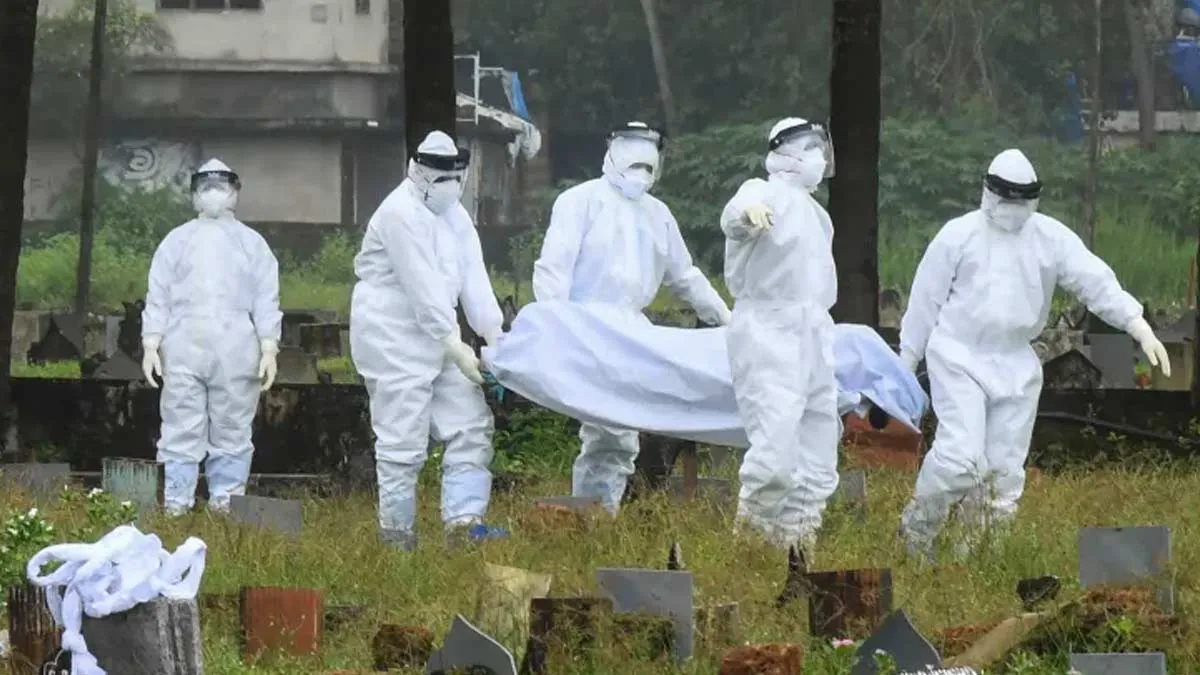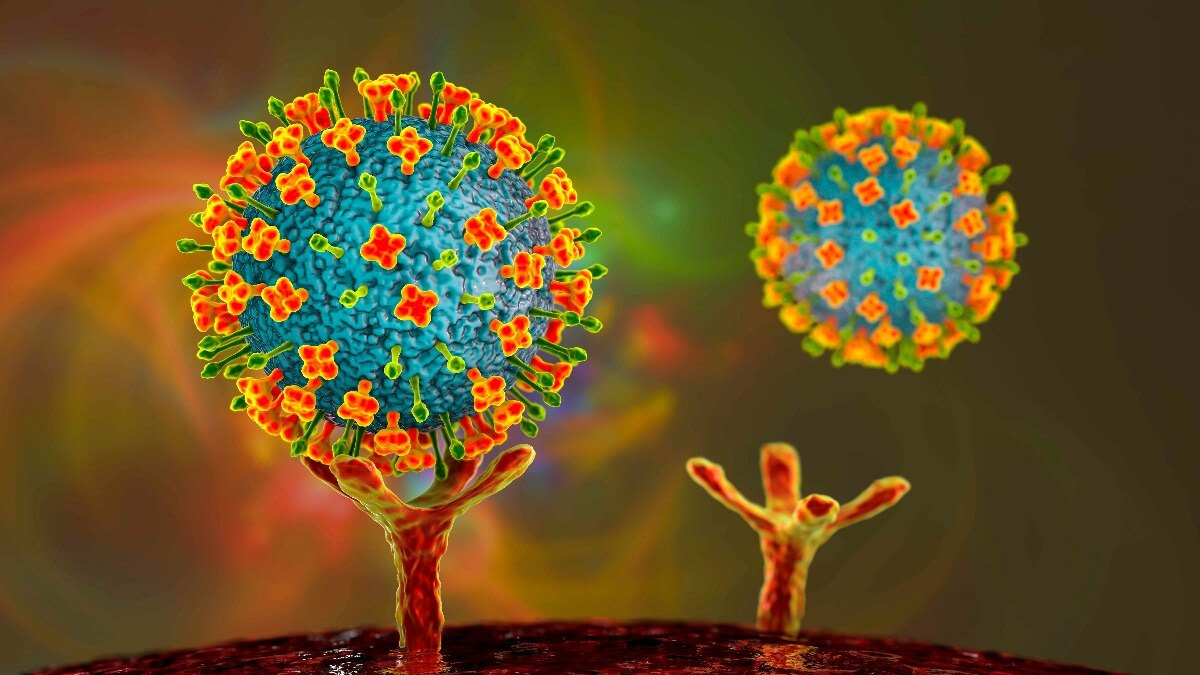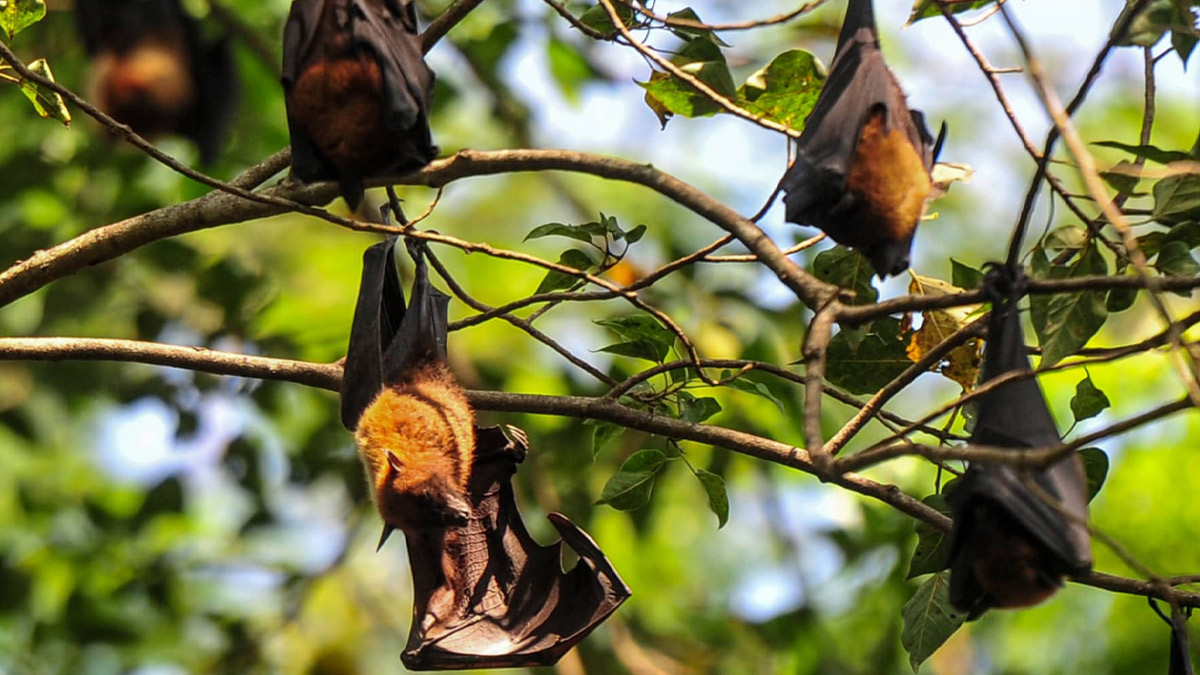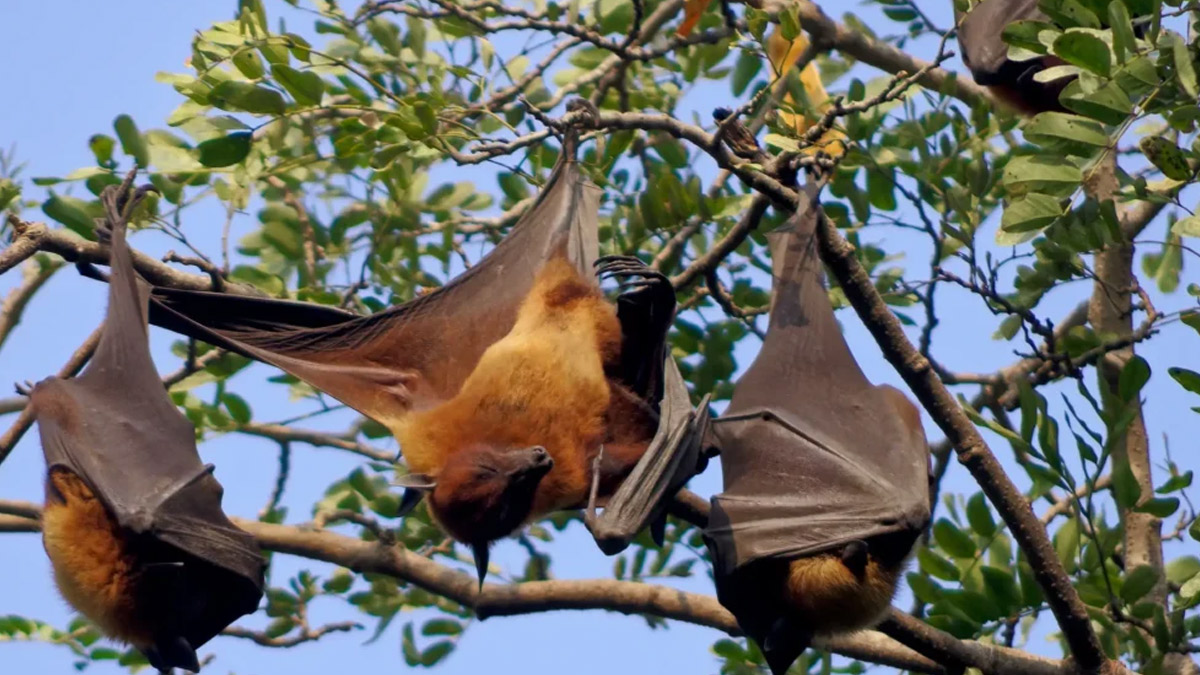
With the bat breeding season approaching, Kerala has ramped up its preventive measures against the Nipah virus (NiV), a deadly zoonotic pathogen that has previously caused multiple outbreaks in the state. The Health Department has launched awareness campaigns in five high-risk districts—Kozhikode, Malappuram, Kannur, Wayanad, and Ernakulam—to educate the public and reduce the likelihood of another outbreak.
Table of Content:-
Understanding Nipah Virus: What Makes It Dangerous?
The Nipah virus, classified as a zoonotic pathogen by the World Health Organization (WHO), primarily spreads from animals to humans. Fruit bats, especially those of the Pteropus genus, serve as the natural reservoir of this virus. Human infections can occur through direct contact with infected animals, consumption of contaminated food, or close contact with an infected person’s bodily fluids.

Once contracted, NiV can lead to a wide range of symptoms, from mild infections to severe neurological complications such as fatal encephalitis. Respiratory distress is also common, and the virus has an alarming fatality rate of 40% to 75%, depending on the strain and the quality of medical care available.
Kerala’s Recurring Nipah Outbreaks: Why Is The State Vulnerable?
Kerala has witnessed multiple Nipah outbreaks over the years, with one of the deadliest occurring in 2023. The state's tropical climate and dense fruit bat population make it a hotspot for the virus. Previous outbreaks have often coincided with the bat breeding season, which typically lasts from May to September, increasing the likelihood of viral transmission during this period.
The repeated emergence of Nipah in Kerala has highlighted the necessity of proactive measures to prevent fresh outbreaks. With early intervention, authorities aim to reduce the chances of another health crisis.

Kerala’s Precautionary Steps to Curb Nipah Transmission
As the breeding season begins, Kerala’s health authorities have rolled out a series of precautionary steps to safeguard public health:
Public Awareness Initiatives
To curb the spread of misinformation and encourage preventive actions, Kerala’s Health Department has launched awareness campaigns across the five high-risk districts. These initiatives emphasize key safety measures, including avoiding direct contact with fruit bats and exercising caution when handling potentially contaminated food sources.
Also Read: Alarming Zika Mutation Detected In Pune: NIV Scientists Raise Concern Over 2024 Strain
Strengthened Food Safety Regulations
Public advisories have urged citizens to be cautious when consuming fruits, especially those that appear bitten or have fallen to the ground. Since bats are known to contaminate fruits with their saliva or urine, authorities recommend thoroughly washing and peeling fruits before consumption to minimize risk.

Enhanced Surveillance and Monitoring
To detect potential cases early, Kerala has ramped up disease surveillance in areas with high bat populations. Health officials are monitoring communities for unusual patterns of illness that could indicate a Nipah outbreak.
Also Read: Swine Flu In India: Over 20,000 Infected, 347 Deaths Reported Amid Alarming Surge
Hospital Readiness and Emergency Protocols
Hospitals across the state have been placed on high alert. Medical staff have been briefed on recognising symptoms and responding swiftly to suspected cases. Special isolation units have been set up in major healthcare facilities to handle any Nipah-related emergencies.
No Cure, Only Prevention: The Importance of Caution
Currently, there are no vaccines or specific antiviral treatments available for Nipah virus infections. Supportive care remains the only option, focusing on symptom management and critical care for severe cases. This makes preventive measures crucial in reducing transmission risks.
Health authorities continue to stress the importance of early symptom recognition, personal hygiene, and prompt medical intervention in suspected cases. Kerala’s proactive approach reflects a commitment to public safety, aiming to prevent another devastating outbreak before it begins.
Bottomline
As the state remains vigilant, residents are encouraged to follow safety protocols and report any suspected symptoms promptly. With collective effort and heightened awareness, Kerala hopes to keep the Nipah virus at bay during this high-risk season.
Also watch this video
How we keep this article up to date:
We work with experts and keep a close eye on the latest in health and wellness. Whenever there is a new research or helpful information, we update our articles with accurate and useful advice.
Current Version
